
- 0 Comments
- PRMA Plastic Surgery
What is the breast cancer vaccine?
Researchers have announced a potential new treatment for early stage breast cancer. The therapy is being called an “immunology vaccine” and works by enhancing your immune system, helping your body to use its best weapon to kill cancer cells.
The “vaccine” doesn’t prevent you from getting breast cancer, but it can help treat the disease if used during the early stages, according to a new report published in Clinical Cancer Research.
For insight on this new and exciting frontier in the fight against breast cancer, I reached out to PRMA’s Dr. Oscar Ochoa:
Advances in immunology and vaccine molecular design coupled with the ever-evolving understanding of the biology of breast cancer continues to open different avenues for breast cancer treatment. This novel vaccine prompts the immune system to mount a response against the HER-2 protein expressed on cancer cell membranes. Once primed against this protein, the immune system cells will selectively destroy cancer cells that express that protein on their membranes. Theoretically, this selective targeting of cancer cells will minimize the side effects normally associated with chemotherapy since traditional chemotherapy drugs are not selective and affect all cells (cancerous or non-cancerous) in a similar way.
The selective targeting of the HER-2 protein has already shown definitive benefit in breast cancers expressing HER-2. Drugs like Pertuzumab and Trastuzumab, which are in a different drug family than vaccines, are recombinant immunoglobulins that attach to the HER-2 protein and inhibit its function to stimulate cancer cell growth. The effectiveness of Pertuzumab and Trastuzumab are a promising sign that HER-2 directed therapies may be a new frontier for development of more effective and less toxic cancer treatments.
It is still too early to tell how this new vaccine will be used in the future if trials continue to demonstrate efficacy and safety. Hopefully, we will able to offer these innovative therapies to our patients in the near future. After all, rebellions (and cancer treatment) are built on hope!
Author: Dr. Minas Chrysopoulo and Courtney Floyd
A study published in Plastic and Reconstructive Surgery examined the abdominal recovery rates and patient satisfaction after breast reconstruction with different abdominal flaps: the DIEP, SIEA and muscle-sparing free TRAM.
Leave Comment
Sign Up for Our Monthly Newsletter
Continue Reading

Breast Reconstruction Surgery and Your Period
Breast Reconstruction Surgery and Your Period December 02, 2020 Share on Facebook Twitter Linkedin During our pre-operative appointment with patients, a topic that occasionally arises is menstrual cycles. It is completely normal for women to experience changes with their periods throughout breast cancer treatments. These can be temporary or permanent. Periods can be unpredictable following […]
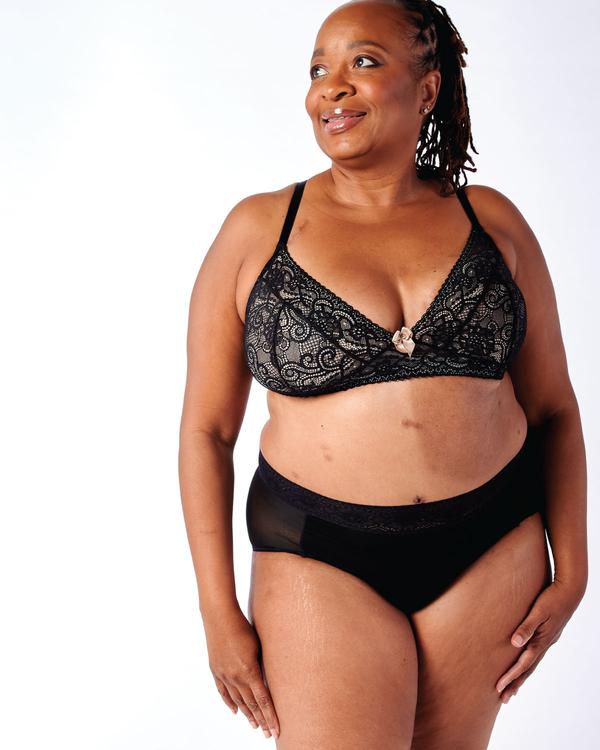
What Bras and Abdominal Girdles to Wear After Breast Reconstruction Surgery
What Bras and Abdominal Girdles to Wear After Breast Reconstruction Surgery November 17, 2020 Share on Facebook Twitter Linkedin When preparing for breast reconstruction surgery, many patients want to know what types of bras and abdominal girdles they should plan to wear after surgery. Although every surgeon has slightly different preferences, we have put together […]

My 5 DIEP Flap Realities | A Guest Blog From Julie
My 5 DIEP Flap Realities October 28, 2020 Share on Facebook Twitter Linkedin Hi everyone, my name is Julie from It’s a Bosom Thing. I am so happy to be here as a guest blogger and have this opportunity to share with you a few thoughts about life after DIEP Flap Surgery. I was diagnosed […]

PRMA’s BRA Day Virtual Event Recap
PRMA’s BRA Day Virtual Event Recap September 08, 2020 Share on Facebook Twitter Linkedin Yesterday we celebrated Breast Reconstruction Awareness day! Although we missed seeing everyone in person this year, we were still able to spread education and awareness on ALL reconstructive options through our virtual efforts. We were also able to share information on […]
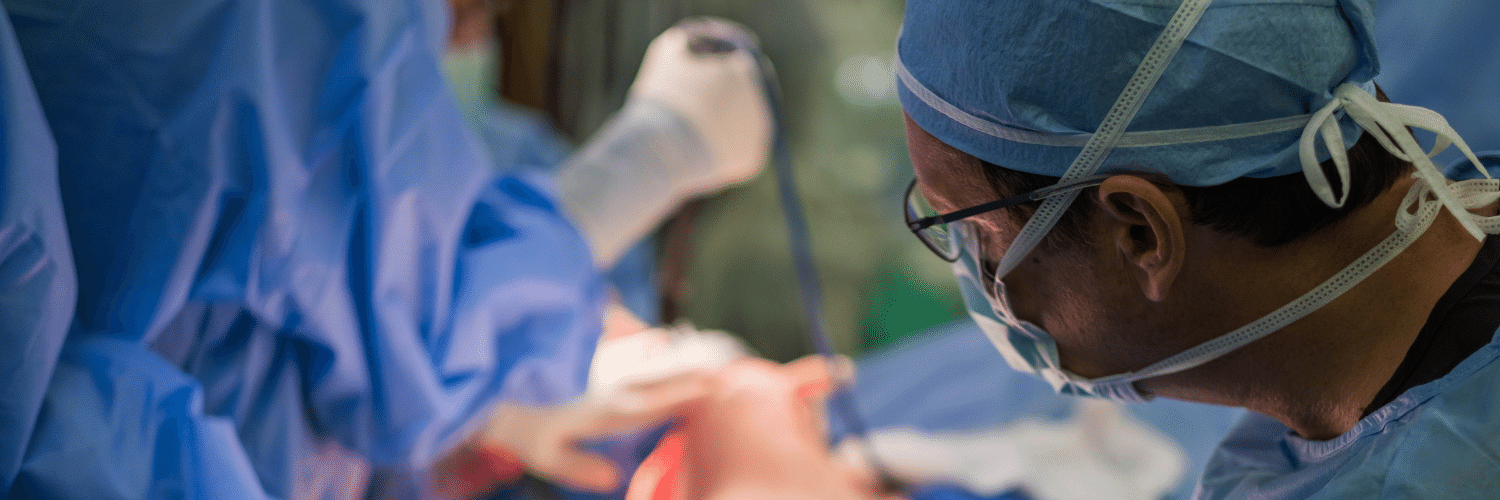
Second Stage DIEP Flap Surgery
Second Stage DIEP Flap Surgery September 08, 2020 Share on Facebook Twitter Linkedin DIEP flap breast reconstruction is typically comprised of at least two stages for the best outcomes. The second stage of surgery is commonly referred to as the “revision” stage and is usually performed about three months after the initial reconstruction. The purpose […]

If ‘Flaps’ Are Such A Great Breast Reconstruction Option, Why Doesn’t Everyone Get Them?
If ‘Flaps’ Are Such A Great Breast Reconstruction Option, Why Doesn’t Everyone Get Them? September 08, 2020 Share on Facebook Twitter Linkedin Flap-based breast reconstruction procedures, like the DIEP flap, offer patients a safe, natural implant-alternative option to reconstruction after a mastectomy. Flap surgeries are permanent and are associated with fewer complications after radiation when […]
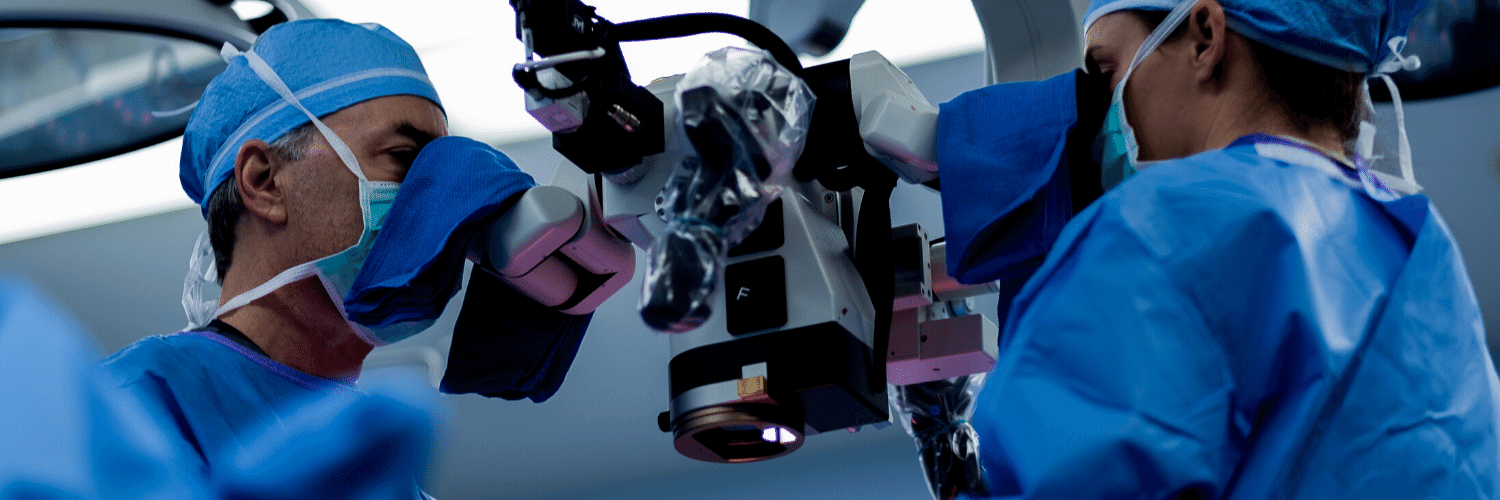
What is a Skin Island and How is it Used in Breast Reconstruction?
What is a Skin Island and How is it Used in Breast Reconstruction? September 08, 2020 Share on Facebook Twitter Linkedin What is a “skin island”? The term “skin island” is used to describe the remaining visible skin from a transplanted “flap” of tissue. In the setting of DIEP flap breast reconstruction, the skin island […]

Comparing APEX Flap and DIEP Flap Breast Reconstruction
Comparing APEX Flap and DIEP Flap Breast Reconstruction August 10, 2020 Share on Facebook Twitter Linkedin We have been receiving numerous inquiries about the “APEX flap” recently. Patients want to know what it is and how it differs from the DIEP flap. APEX is an acronym that stands for “Abdominal Perforator Exchange”. Many patients believe […]
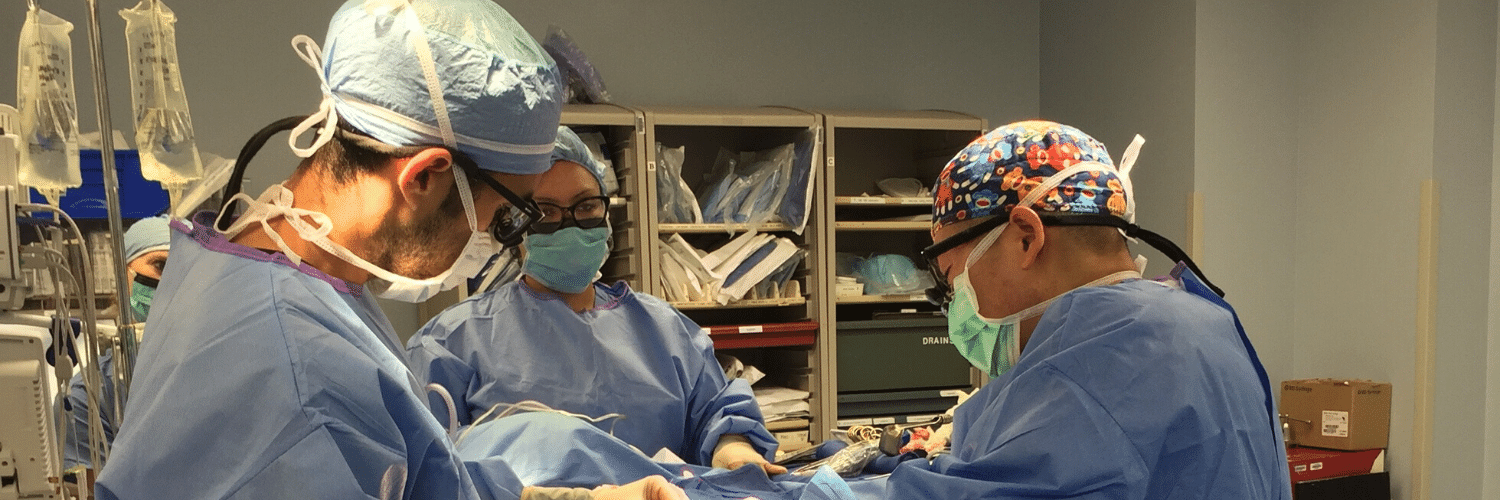
Monitoring the Health of Your Flap During & After Surgery
Monitoring the Health of Your Flap During & After Surgery July 21, 2020 Share on Facebook Twitter Linkedin Autologous flap (or tissue) breast reconstruction procedures represent today’s most advanced options for rebuilding a breast(s) following mastectomy. The most commonly performed method of flap-based reconstruction at PRMA is the DIEP flap. During this procedure, surgeons transplant skin […]
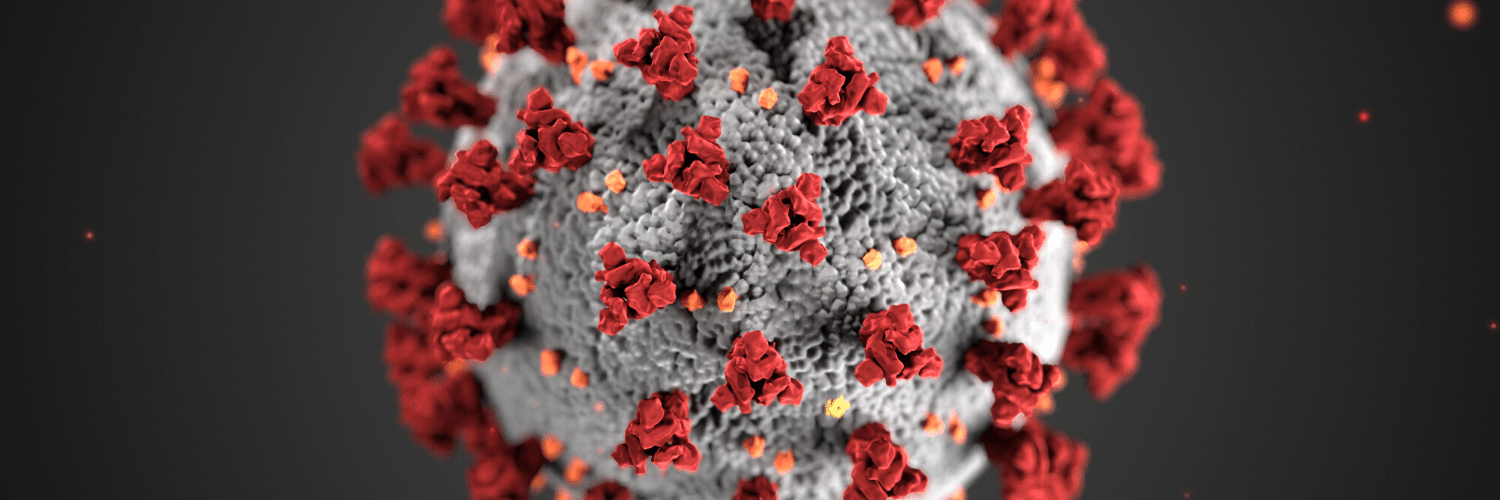
COVID-19 and the Impact on Cancer Patient’s Mortality
COVID-19 and the Impact on Cancer Patient’s Mortality July 21, 2020 Share on Facebook Twitter Linkedin There is still so much we do not know about COVID-19. Likewise, there is little known about how this disease impacts mortality for cancer patients. A study published in The Lancet evaluated and characterized the outcomes of patients with cancer […]


No Comments